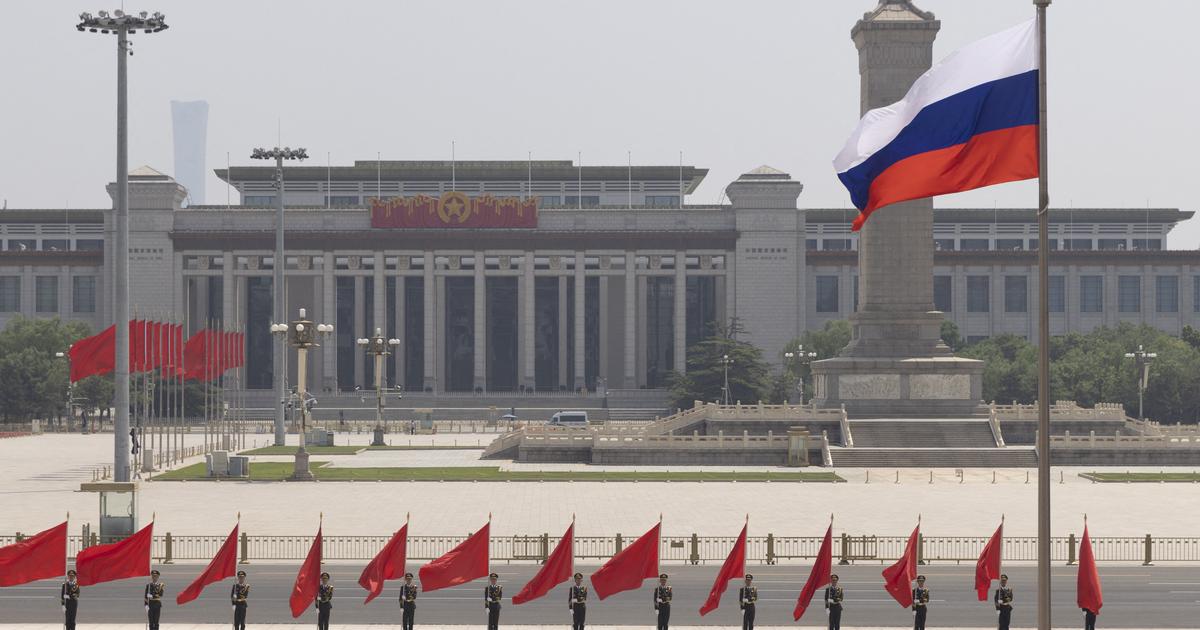- Click to share on Facebook (Opens in a new window)
- Click to share on Twitter (Opens in a new window)
- Click here to share on LinkedIn (Opens in a new window)
- Click to email a friend (Opens in a new window)
How do you get the coronavirus? 1:54
(CNN) - There is still a lot that is not known about Wuhan's coronavirus outbreak and health officials urge to be vigilant.
That means that travelers around the world should be aware of the virus, stay away from heavily affected areas and apply some of the preventive measures they would use to avoid the flu and other diseases.
The Centers for Disease Control and Prevention of the USA. UU. (CDC) have elevated their travel advice to Wuhan, China, to the highest level. The "Warning - Level 3" status urges travelers to avoid all non-essential trips to Wuhan.
PHOTOS | This is what Wuhan looks like, where the coronavirus originated
Travelers should "stay alert if they travel to other parts of China" and avoid contact with sick people, animals and animal markets, the CDC recommends. Other parts of China currently have a Level 1 notice.
The UK Office of Foreign and Commonwealth Affairs has also advised against non-essential trips to Wuhan.
Wuhan's coronavirus is not yet a public health emergency of international interest, the World Health Organization announced Thursday.
"Do not get wrong. This is an emergency in China, but it has not yet become a global health emergency, ”WHO Director-General Tedros Adhanom Ghebreyesus said Thursday. "It can still become one."
Tips for travelers
With so much uncertainty, caution is key. Medical professionals offer these tips in response to travel concerns:
Q: How concerned should travelers be outside the areas most affected by Wuhan's coronavirus?
In this era of world travel, you can never say that the risk of being exposed to something is zero, said Dr. Yoko Furuya, director of infection prevention and control at NewYork-Presbyterian Hospital.
But most cases so far have involved Wuhan and surrounding cities.
"While the risk will not be zero, in general there will be no particularly high risk" outside of that area, he said.
It is not a big concern for American travelers traveling within the country, said Dr. William Schaffner, a professor of medicine in the infectious diseases division at Vanderbilt University.
Travelers heading to China should be more worried, he adds.
"In fact, I've heard colleagues tell a patient or two:" Wow, do you have to go to China now? Why don't you wait a bit? ”
People who have traveled to Wuhan in the past two weeks and feel sick, have a fever, cough or have trouble breathing should seek medical attention immediately and report the latest trips and symptoms, according to the CDC guidelines.
Q: Is traveling generally less safe because other passengers could come from Wuhan and nearby cities?
No, says Schaffner. He compared Wuhan virus with influenza, which by the time the flu season is over "will have literally caused thousands of hospitalizations and unfortunately several thousand deaths."
"The coronavirus will be a minor matter in comparison, but we have a small outbreak of coronavirus anxiety right now because it's new, it's mysterious ..."
Every business traveler should be alert and informed of what is going on around them, said Dr. Robert Quigley, senior vice president and regional medical director of International SOS & MedAire. The medical assistance company supports the workforce worldwide.
The globalization of the workforce implies that we do not know if someone at Chicago's O'Hare airport could walk alongside a passenger with a cough that has just arrived from Wuhan. That is why universal precautions such as those used to prevent the spread of influenza would apply to any traveler, he adds.
"This only gives us greater awareness and a reminder to be careful," says Quigley.
Q: Are precautions such as masks and hand sanitizers effective?
Schaffner has received many questions about whether people should wear masks to prevent infections.
He knows that culturally it is very common in Asia, but he says that the CDC does not recommend it to the general public because "the scientific basis that shows that people in the community who wear masks have some benefit is very weak and questionable."
Tighter respiratory masks can be used in medical settings, but they are generally not practical for the general public, says Schaffner.
"Good hand hygiene is always a good idea to protect yourself from any virus and other pathogens in your environment," says Furuya.
The CDC recommends washing your hands frequently with soap and water for at least 20 seconds. An alcohol-based hand sanitizer can be used when soap and water are not available.
Q: What precautions should travelers take to other parts of China?
Non-essential trips to Wuhan are not advised, and trips to other parts of China should be made with caution.
Quigley recommends a flexible itinerary that can be adapted to new information and guidance as it becomes available. It also suggests traveling with more available time since health checks have been implemented in many transportation centers. Travel with symptoms similar to those of the flu should be avoided.
Schaffner urges travelers to “stay away from those live animal markets, please. And try to avoid people who cough and sneeze. Of course, there is a lot of influenza out there, but it's still good advice. And wash your hands a lot. ”
Since the source of the virus is still unknown, Schaffner also encourages visitors to rural China to stay away from farm animals, such as chickens and pigs.
The CDC also recommends avoiding animals, animal markets and products such as raw meat.
Q: Are air travel more vulnerable due to its global reach?
For parts of the world outside the most affected region, air travel is likely to be more risky, says Furuya, due to the greater likelihood of encountering international travelers from areas with high incidence of the virus.
"When it comes to the global spread of outbreaks, air travel is usually the way things spread quickly from one country to another," he said.
Schaffner said that the spread of winter respiratory diseases on airplanes is always a concern. "I am very sure that personally, more than once I have acquired a winter virus on the plane while traveling or working in crowded airports," he said.
Again, frequent and vigorous handwashing is important to reduce viral transmissions.
Clearly this is of particular concern in China at this time as citizens travel en masse for the Lunar New Year celebrations, he added.
Many of the big public celebrations have been canceled to stop the spread of the virus.
Wuhan coronavirus







